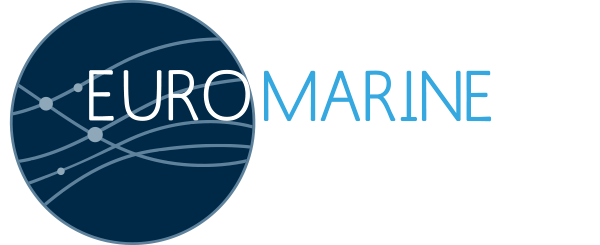Plastic pollution of marine ecosystems is a growing concern as the global production of plastics in 2014 was 311 million tonnes, of which between 4.8-12.7 million metric tons found their way into our oceans and seas. Modelling predicting tools to monitor this would be extremely useful to set research priorities, evaluate costeffective management scenarios and decide upon mitigation measures.
However, since the problem of plastic pollution has only become a major research topic in the last decade, few models have been applied to understand plastic effects in marine animals or populations over time, or even to describe the spatial distribution of plastic in the ocean. The plastics to be considered in this FWS include from macro- to micro and nano- plastics, all characterized by different dynamics in the marine systems.
Objectives
- To compile the type of data available on plastic quantity and quality in the ocean;
- to identify patterns and tendencies of plastic distribution in the ocean;
- to gather data on the type of effects caused by plastic in marine organisms;
- to identify which type of models would be more suitable to understand and predict the effects of plastic in marine organisms;
- to identify which climatic stressors (temperature, salinity, ocean acidification, wind, anoxia, sea level rise, etc) are expected to interfere more with plastic breakage, decomposition and circulation;
- to come up with potential mitigation measures.
Expected outcomes
- 1 position paper
- 1 draft proposal to apply within a relevant European Call
- To establish a network of interest under the subject Models to Understand plastic impacts in the Ocean - MODUNDER network
Expected impacts
The outputs from this workshop will:
- highlight and implement the need to compile and systematize in a general dataset the available and forthcoming empirical data on plastic pollution, discriminating the different types of plastic;
- identify priority research questions within the topic;
- infer short- and long-term effects of plastics in marine systems;
- propose mitigation measures within a IEA- Integrated Environmental Assessment perspective, i.e., producing and communicating future-oriented, policy-relevant information on key interactions between marine plastic pollution, natural environment and human society.


